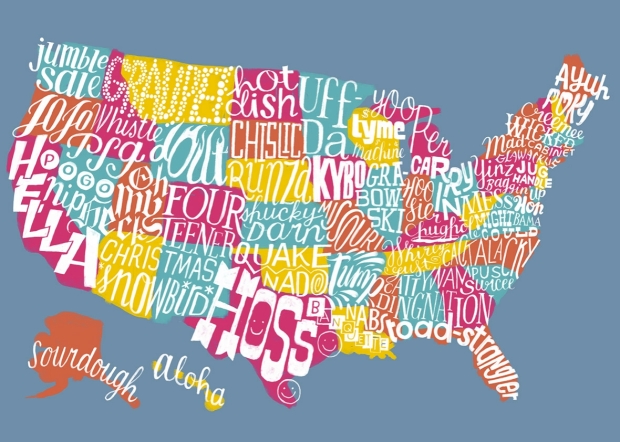
While Halloween has become a commercial phenomenon spreading around the world, there is no celebration quite like Halloween in the United States. The holiday wasn’t always about accumulating as much candy as is physically possible to carry! Halloween actually has a long, colorful history in the Americas.
The tradition of “Trick-Or-Treat” finds its origins in All Souls’ Day in England. During the festivities, poor citizens would beg for food and families would give them pastries called “soul cakes” in return for their promise to pray for the family’s dead relatives. The ancient Celtic holiday of Samhain also featured bonfires and rituals involving the dead. People would dress up and wear masks to ward away unwanted spirits.
Halloween in the Americas
Halloween traditions in colonial America were a result of a mixture of pagan traditions both from native peoples, European settlers, and African slaves. In colonial times, people believed that on Halloween, ghosts and spirits would return to the earth for an evening. People would dress up to avoid being recognized by past relatives and dead acquaintances. In order to keep ghosts away from their houses, colonists would bowls of food outside of their doors. In the colonial South, Native American traditions combined with those of settlers in “play parties” that included ghost stories, fortune telling, dancing and singing.
The influx of Irish immigrants in the mid 19th century brought many Celtic Halloween traditions to the Americas. This included bringing the tradition of going door to door asking for money or food. Women also used the heighten spiritual environment to perform divinations and find out the identity of their future husbands.
The 1900’s in America saw the decline of superstition and a new version of the holiday more focused on its commercial potential. Traditions became far more family and community oriented with the advent of the modern suburban nuclear family and the boom in population after WWII. While sweets on one’s doorstep had previously been used to deter unwanted ghost guests, parents now gave candy to trick or treaters to prevent pranks from neighborhood youngsters.
Halloween Today
While the Halloween we celebrate today still carries aspects of its ancient roots, the holiday has accumulated a host of new traditions.
Communities across America now organize trick-or-treat on Halloween night for young children to go door to door in costumes asking for candy. Some communities even organize parades, costume parties, and ghost tours. During the Halloween season, it is also customary to visit a pumpkin patch to pick out a pumpkin to carve into a jack-o-lantern to put on your doorstep. Many pumpkin patches also feature corn mazes or other haunted attractions for fall visitors. Many Americans may also find watching Halloween movies together to be an important part of their Halloween celebration. Movies like Disney’s Hocus Pocus, Halloweentown, or Casper the Friendly Ghost have become classics and have shaped the way the Millennial generation has grown up with the tradition of Halloween.
Discussion Questions
- Has Halloween come to your country? If so, what kind of traditions or celebrations are popular?
- Are there any spiritual festivals in the history of your country where people thought that ghosts came down to earth?
- What is your favorite aspect of Halloween? Favorite tradition?
- What kinds of superstitions and ghost stories exist in your culture?
If you would like to learn more about the history of Halloween, go to the following links:
http://www.history.com/topics/halloween/history-of-halloween
